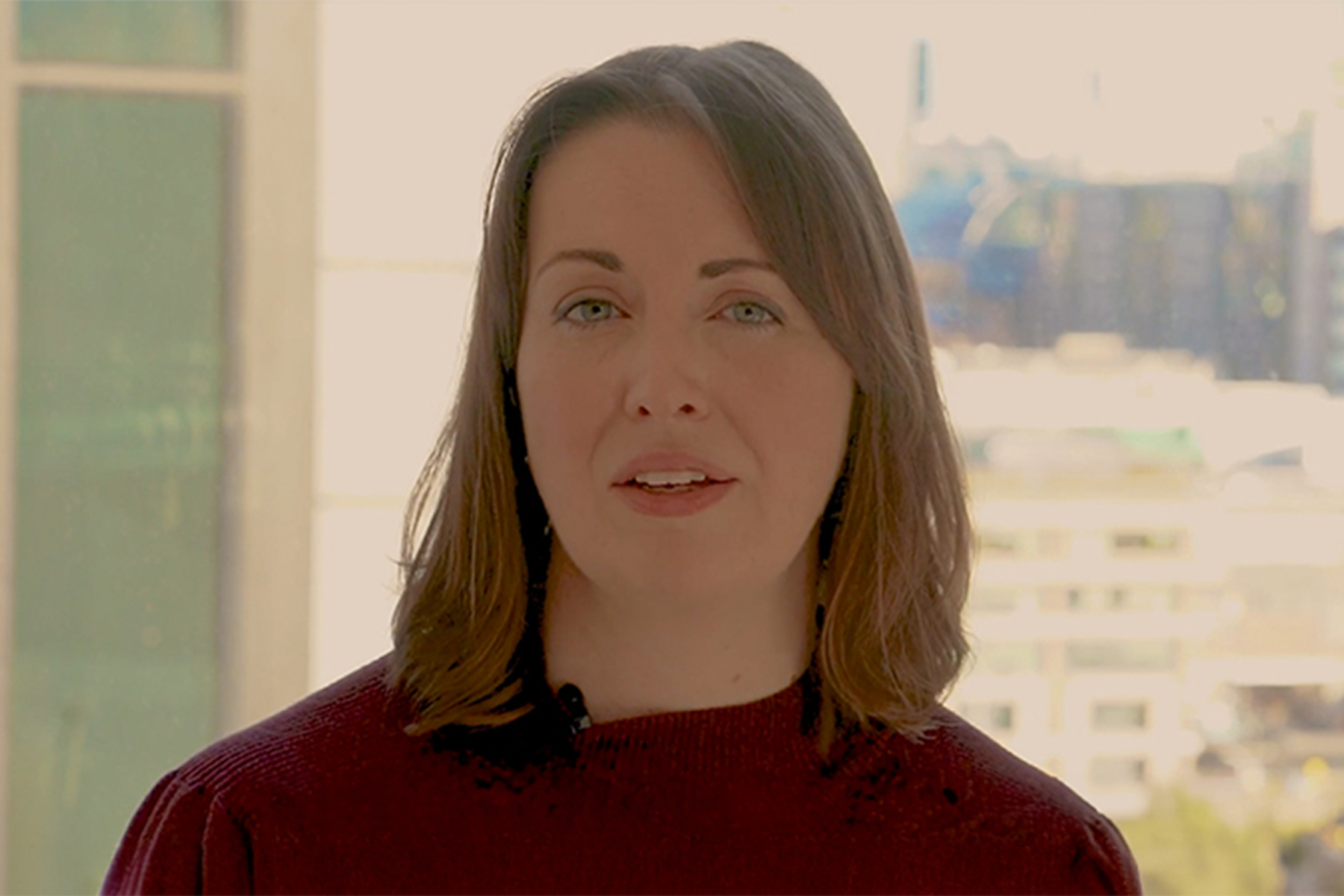
Sustainability comms must get real
There’s a disconnect between the way corporations talk about climate change and how the public discusses the same issue. That’s the conclusion of research by Jamie Hamill, Alessia Calcabrini and Alex Kibblewhite.
Despite increasing action on sustainability – by corporates, brands and the media – environmental and social issues seem to be worsening, not improving.
We wanted to understand why. Working with our partner, Relative Insight, which operates a comparative text analysis platform, we analysed the last 12 months’ sustainability communications from the UK’s five most talked-about brands, alongside the public’s online conversations on this topic, as well as media commentary.
We uncovered a disconnected conversation; firstly, in relation to the issues being discussed and, secondly, in the ways in which they were being talked about. It seems that everyone is having separate conversations and speaking a different language when discussing the same issues. We believe this disconnect is dividing us at a time when the global community must come together to act.
We call this the action-connection dilemma. To fix it, we believe that sustainability communications need to get real; and that corporates and brands need to find better ways to connect if they are to lead positive behaviour change amongst the public. Through the application of behavioural science in communications design, we believe this is possible.
Things are getting worse
We know that environmental and social issues are worsening – and the Intergovernmental Panel on Climate Change has declared that humans are unequivocally changing our planet.
We have also discovered that the use of specific words around sustainability has become twice as likely in the last six months alone. Our research found that the following words have been used more frequently in conversations among the general public:
- environmentally x1.3
- sustainability x2.2
- sustainable x2.3
But businesses are mostly speaking about large-scale operations. Commonly used words and phrases indicate that they are focusing on their impact, with conversation centred on supply chains, raw materials, the circular economy, emissions and social standards.
Meanwhile, the public’s conversations are focused on the daily, immediate and tangible. Their conversations are infinitely more likely to discuss zero waste, plastic bags, eating meat and sustainable travel.
A key focus in the media is the journey businesses are on, with a focus on the changes being implemented. Yet the public is frustrated at what they perceive as greed and inaction.
Consumers feel that businesses do not have the planet's best interest at heart, even though businesses are repeatedly calling attention to their sustainability strategies.
We believe this disconnect divides us at a time when we must all come together to act. However, the data point to opportunities for businesses to form stronger connections with their consumers.
How comms can get real
To solve the action-connection dilemma, businesses must fi nd better connections between their efforts and daily life. If your actions aren’t connecting:
Re-frame the conversation
All information exists in a frame, whether unintentionally or strategically. To be most effective, messages should be aligned with your audience’s worldviews and decision-making styles.
Adjust your tone
How much people care about the issue influences how assertive your message should be. If the individual already cares about the cause, an assertive message will motivate them. If they do not, opt for more suggestive appeals, as assertive messages could put them off.
Consider the right messenger
Authorities, peers and ‘convert communicators’ can be highly influential based on the audience and issue at hand. Testing is key.
Show how others are cooperating
Illustrating to people how others like them are behaving can help them overcome the perception that their individual actions are insignificant.
Highlight the changing norms
If a sustainable behaviour is not yet part of the norm, highlight how norms are beginning to change.
Commit together, publicly
Helping people commit to sustainable behaviours publicly can increase their sense of accountability and allows them to signal desirable qualities to others.
Use negative appeals with caution
Be mindful of potentially counterproductive effects: could your negative communications cause people to feel unable to over come the threat?
Give agency, control, self-efficacy
Combine negative information with actionable steps and solutions to help people overcome feelings of helplessness.
Try to be positive
Positive emotions, such as pride and optimism, can motivate people to engage and maintain their sustainable behaviours over time.
Think about what the issue really means
Psychological distance can make us feel disconnected from environmental issues. Communications can be used to bridge this distance by presenting consequences closer in time and closer to us.
Bring the future close
Move long-term impacts into the present, or shift people’s perspectives towards future motivations by helping them imagine their future self or consider their legacy.
Tell stories over fact
Instead of complex jargon, consider using narratives and vivid, authentic imagery that people can relate to.
Make it experiential
Consider creating multi-sensory experiences using art installations, retail or digital environments that help us feel more connected to the environment.
published on
28 December 2022
Category
More in The Atticus Journal

Generative AI: mitigating risk to unlock opportunity
H+K’s Allison Spray on managing the commercial and reputational risks that the proliferation of generative AI will present

Making sustainability profitable
Sustainability investments must deliver returns – both financial and reputational – to be ‘sustainable’ for business. Something needs to change, says Luc Speisser

